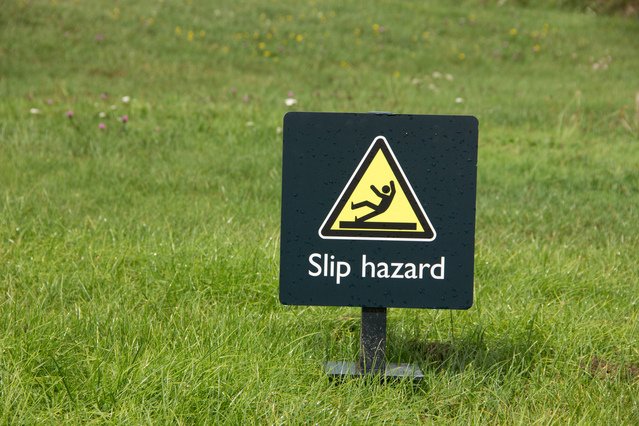Risk Management in Events is a special matter, due to a number of factors, first of all due to its nature of dealing with a lot of people-to-people interaction. This involves all sorts of risks you can imagine.
When I studied Events Management, we talked a lot about various risks, and this topic was definitely emphasized every time we discussed one stage of event planning after another. The risks in events planning occur on preparation, actual operation and post-event stage, so it is really essential not just being aware of some common risks but take them seriously each time. I am sure the experienced professionals will agree on this and give plenty of examples when something went wrong even if it should not have been so for 99%!
Understandably, when talking risks everyone first thinks about safety. Indeed, these are very important considerations. Gathering of people, be that a conference, a corporate meeting or a rock concert always invloves safety issues which should be carefully observed. But then we have legal issues, appropriate insurance coverage, intellectual property, and so on.
What I do not remember discussing much – if at all – are those risks related to the professional misconduct, or treating your colleagues with no due respect, or simply cheating. May be we did not talk about it because all good standards go without saying? Or simply there were not many cases alerting the industry about the necessity to teach it and discuss with future leaders of the industry?
Whatever the reason, it seems we can’t ignore these risks. A recent case of Global Event Forum set to be held in Saint-Petersburg and then cancelled due to internal issues (obviously, that was unethical behaviour of one of the parties; some explanation provided by the organisers here) just made me think – are there other cases that go without much notice and therefore can’t help highlight what every event planner may actually face? (surfing the web I could not find any other relevant case-studies by the way)
While there is ethics codes developed and applied by various industry bodies, the ethical risks are becoming an interesting phenomena with no clear steps how to avoid it or at least minimize the conseqences. As in the case of GEF, one could only imagine the scale of legal, financial, most important, reputation, let alone emotional, damages all stakeholders have got. And I would emphasize again – ALL stakeholders: of course, the organisers, but also sponsors, participants, speakers, service providers, and even media partners. That means that ethical risks in events management are almost evenly divided between all involved, and therefore can negatively influence not only the event itself, but other businesses.
Is there a solution? As in every other industry, there are misconducting behaviours and event planners might well be meant to face that more often, just to the nature of business. The simple answer would be to act morally and be aware of ethical risks. If only ethics was such a simple matter..
While there is no simple answer, I believe what we can do is to raise these issues and share it with peers more often and in more detail. This way, we gradually can develop a practical set of steps and more important, get a clear vision of what to do if it happens.



